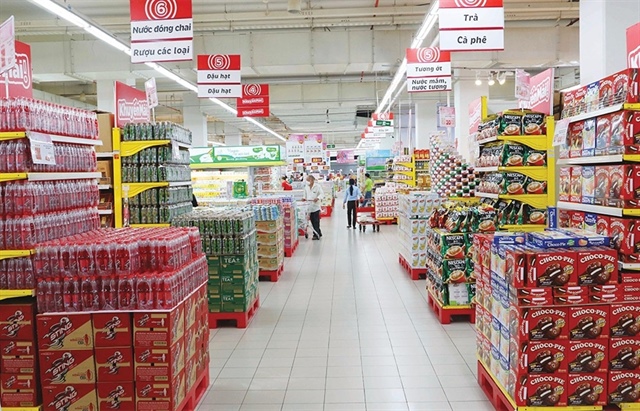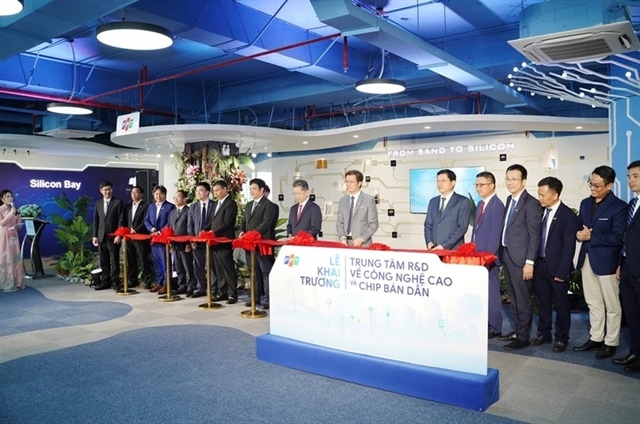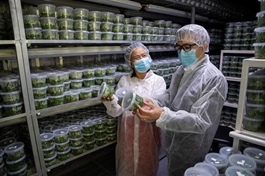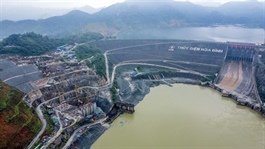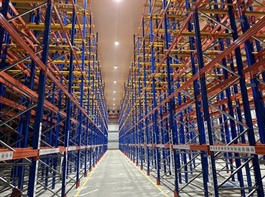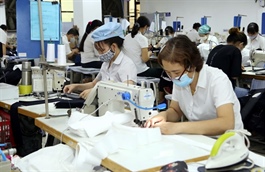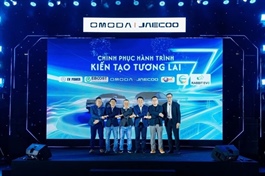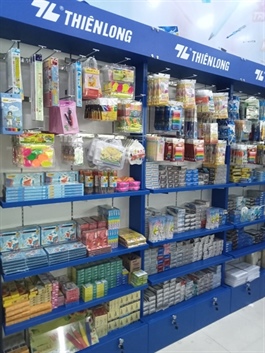Enterprises shift towards deep processing to increase exports
Enterprises shift towards deep processing to increase exports
Deep-processed products align with current consumer trends, catering to busy individuals with limited cooking time while also providing better profits for enterprises.

Processing organic coffee in Ia Ka Commune, Chu Pah District, the Central Highlands province of Gia Lai.— VNA/VNS PhotoHồng Điệp |
Enterprises are making a strong transition to enhance product value and conquer international markets, moving away from exporting fresh or minimally processed products.
According to trade experts, Việt Nam ranksas the world's 20th largest exporter and among the world's top exporters ofproducts such as rice, coffee, cashewsand garment-textiles.
However, Việt Nam’s exports still face limitations, the biggest of which isunsustainability. Although export turnover is high, the added value is not substantial as exports focus more on quantity rather than quality and efficiency. Additionally, the market structure is overly concentrated on a few key markets and some key products.
Exported products often lack high technological content due to an inability to leverage competitive advantages inscience and technology. Exports still rely heavily on labour and natural resources, which poses environmental risks. These limitations result in significant export turnover but a lack of sustainable development.
For this reason, Việt Nam has developed an export strategy to 2030, aiming for sustainable export growth. Specifically, the strategy sets goals to increase export-added value based on innovation, science and technology, labour productivityand environmental protection in conjunction with green, clean, and circular production that adapts to climate change. It also emphasises market and product diversification. This is an important impetus for enterprises to continue their efforts in deep processing and increasing export value.
For items like grapefruit and coconut, which often have over 30 per centpost-harvest rejectiondue to size, shape, or colour, some enterprises have begun processing them into canned coconut water, grapefruit juice, or grapefruit kombucha.
Additionally, some companies are leveraging their flour production facilities to process ultra-thin rice cakes from cassava, successfully entering the domestic market and exporting to the Republic of Korea, Japan, Australia, and the US.
Thanks to deep processing, the cassava industry aims for an export turnover of about US$2.3-2.5 billion by 2050.
General Director of the Tiến Thịnh Group JSC TôThái Thành said that processed agricultural products from Việt Nam, such as fruit juices, fresh fruits, dried fruits, and canned goods, are increasingly popular among consumers in the US and Europe. Therefore, enterprises constantly enhance processing technology, improve packaging designs, and apply international certifications such as HACCP, GlobalGAP, and FDA, which help build trust for Vietnamese processed agricultural products in international markets.
Similarly, General Director of the Phúc Tiến Agricultural Products JSC Trịnh Ngọc Minh said that the company has increased investment in freezing systems, improved processingand diversified products, allowing it to secure export contracts to Europe and Asia.
Minh said that deep processing enables enterprises to create products that reach distant and broad markets, ensuring longer shelf life and higher yields. Furthermore, deep processing allows factories to better manage their supply chains due to longer preservation times, gradually alleviating pressure on quick sales and dependence on export markets while ensuring efficient raw material consumption during harvest seasons.
According to the Việt Nam Association of Seafood Processing and Exporting (VASEP), at international seafood exhibitions in the US and EU, value-added processed products have garnered significant interest from customers, particularly through blends of various ingredients that are highly rated after tasting. Deep-processed products align with current consumer trends, catering to busy individuals with limited cooking time while also providing better profits for enterprises.
Nguyễn Thị Hoàng Thúy, Vietnamese Trade Counselor in Sweden and the Nordic countries said that Vietnamese enterprises exporting to the EU need to invest in deep processing technology and develop differentiated products to enhance export value and reduce the risk of anti-dumping investigations.
- 09:13 25/03/2025



